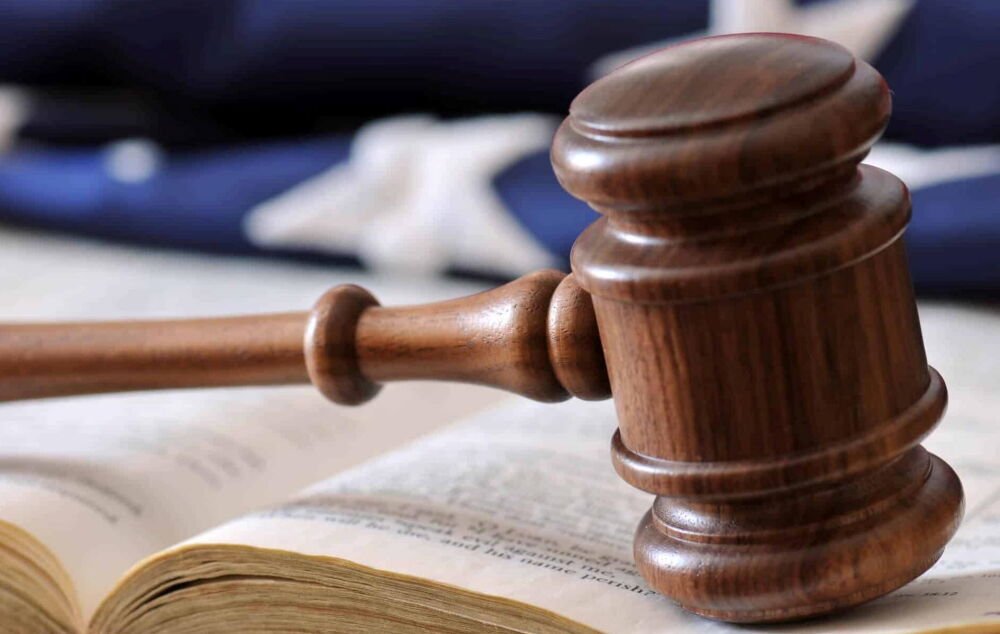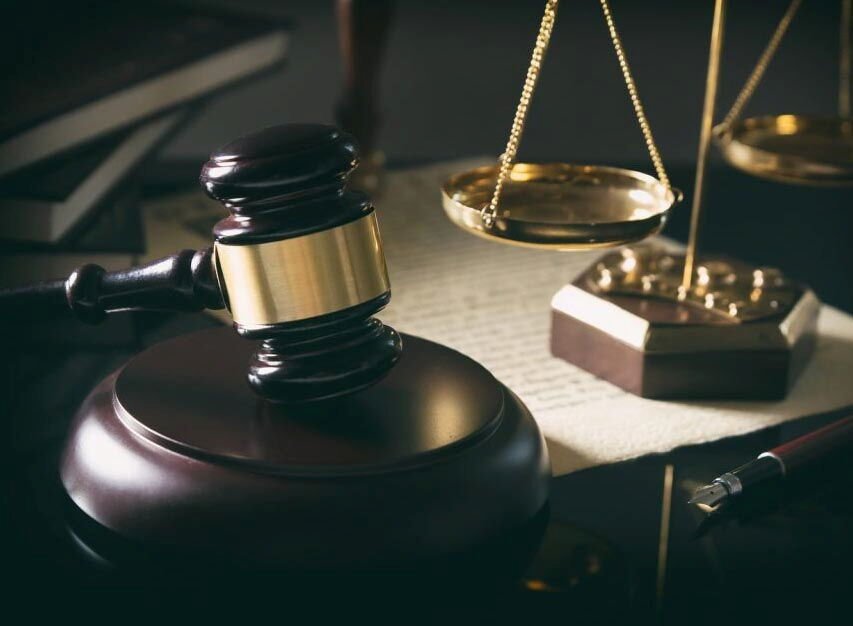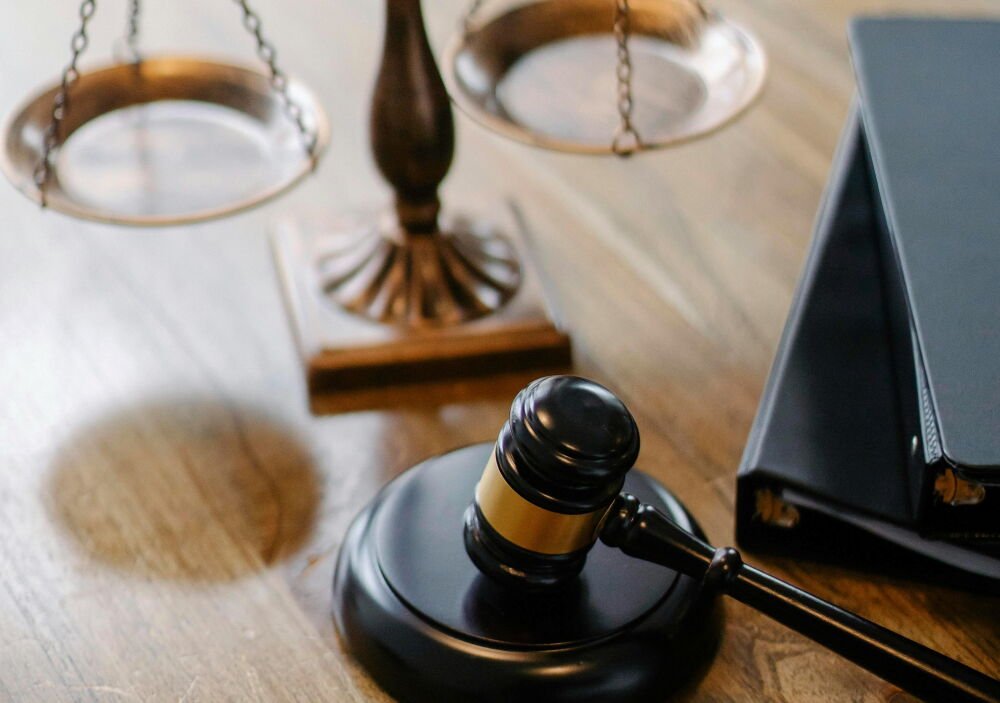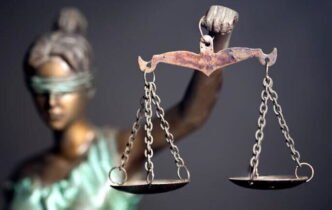Key Distinctions
-
Power of Attorney (POA)
- A unilateral instrument by which a principal delegates decision-making authority to an agent during the principal’s lifetime.
- Can be structured as immediate, durable (surviving incapacity), or springing (activating upon a specified event, e.g., incapacity).
-
Conservatorship
- A judicial appointment of a conservator to oversee the personal and/or financial affairs of an incapacitated individual (the conservatee).
- Operates under ongoing court supervision, requiring periodic accounting, hearings, and judicial approval for significant transactions.

Does Conservatorship Override POA?
-
General Rule: Yes
- Upon the court’s appointment of a conservator, the conservator assumes exclusive legal authority over the conservatee’s affairs.
- Any pre-existing POA—whether durable or springing—is typically revoked by operation of law, as the court’s plenary power supersedes agent-delegated power.
-
Rationale
- Protective Oversight: Courts intervene when there is a demonstrable risk that the principal’s interests are not adequately protected by the POA agent.
- Fiduciary Safeguards: Conservators operate under stringent fiduciary duties, enforced by periodic judicial review and statutory mandates.
-
Temporal Nuances
- Active Durable POA: If already in effect at the time of conservatorship, it is voided once the court issues Letters of Conservatorship.
- Springing POA: Often never activates if the court’s conservatorship petition precedes or coincides with the triggering event.

Recent Legislative Reforms (2024–2025)
In light of high-profile conservatorship abuses, jurisdictions have enacted reforms to balance protection with autonomy:
-
Judicial Oversight Enhancements
- Mandatory annual accounting of all financial transactions.
- Requirement for written justification when conservators exceed baseline authority (e.g., real estate sales).
-
Periodic Capacity Reviews
- Statutory timelines (e.g., every 12–18 months) for reevaluation of the conservatee’s mental and physical capacity.
- Ability for conservatees to petition for termination or modification of the conservatorship.
-
POA Agent Rights
- Notice and Intervention: Agents under a POA must receive advance notice of conservatorship filings and hearings.
- Standing to Object: POA agents may appear before the court to contest or limit the conservator’s authority, preserving procedural due process.

Practical Takeaways
| Situation | Result & Recommended Action |
|---|---|
| You hold an active POA | Expect your authority to lapse upon conservatorship; monitor court dockets for filings. |
| You are acting as an agent | File a Notice of Appearance in the conservatorship proceeding; assert your statutory rights. |
| Conservatee regains capacity | Petition for Termination or Restoration of Agent Authority under state statute. |

Conclusion
Conservatorship, by design, supplants any existing Power of Attorney to ensure that an incapacitated individual’s affairs are managed under the court’s aegis. Yet, emerging statutory frameworks increasingly aim to safeguard both the conservatee’s liberty interests and the procedural rights of POA agents. Practitioners should stay apprised of state-specific procedural rules and leverage recent reforms to balance protective oversight with individual autonomy.





